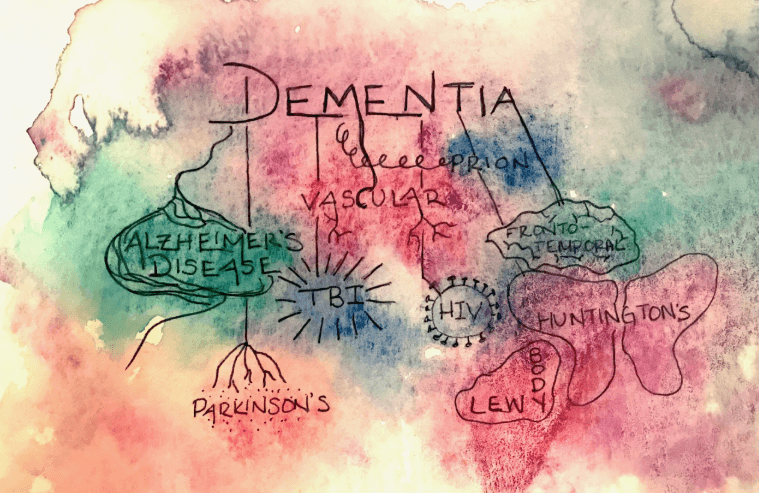Dementia is a general term for a decline in mental ability severe enough to interfere with daily life. It’s not a specific disease, but rather a group of symptoms caused by various conditions, including Alzheimer’s disease. While aging is the biggest risk factor for dementia, many people wonder: Can you prevent it?
Understanding Dementia
Dementia affects memory, thinking, behavior, and the ability to perform everyday activities. There are several types, including Alzheimer’s disease, vascular dementia, Lewy body dementia, and more. Because there’s no single cause, there’s no guaranteed way to completely prevent dementia—but research shows that certain lifestyle choices can significantly reduce the risk.
Risk Factors You Can’t Control
Some factors are out of our control, such as:
- Age (risk increases after 65)
- Genetics and family history
- Gender (women are more likely to develop Alzheimer’s)
Although you can’t change these, focusing on modifiable risk factors can give you a better chance at maintaining brain health.
Ways to Potentially Reduce Your Risk
The good news: many daily habits can support brain health and potentially delay or reduce the risk of dementia.
1. Stay Physically Active
Regular exercise increases blood flow to the brain and encourages the growth of new brain cells. Aim for at least 30 minutes of moderate physical activity most days of the week.
2. Keep Your Brain Engaged
Mentally stimulating activities like reading, puzzles, learning a new hobby, or even playing musical instruments can help keep your brain sharp.
3. Eat a Brain-Healthy Diet
Diets like the Mediterranean or MIND diet (which emphasizes fruits, vegetables, whole grains, lean proteins, and healthy fats) have been linked to better cognitive function and lower dementia risk.
4. Manage Chronic Conditions
Conditions like high blood pressure, diabetes, and high cholesterol can affect brain health. Keeping these under control through medication and lifestyle changes is crucial.
5. Don’t Smoke & Limit Alcohol
Smoking damages blood vessels and increases stroke risk, while heavy alcohol use can cause brain damage. Quitting smoking and drinking in moderation can protect your brain.
6. Prioritize Sleep
Poor sleep or sleep disorders like sleep apnea are linked to memory issues. Aim for 7–9 hours of quality sleep each night.
7. Stay Socially Connected
Social interaction reduces stress and helps keep your mind engaged. Spend time with friends, join clubs, or volunteer to stay connected.
Early Detection Matters
Even if dementia can’t always be prevented, early detection can slow progression and improve quality of life. Pay attention to warning signs such as memory changes that disrupt daily life, confusion, or difficulty completing familiar tasks.
The Bottom Line
While you can’t completely eliminate the risk of dementia, adopting healthy habits can significantly lower your chances and help keep your brain strong as you age. Think of it like heart health—what’s good for your heart is often good for your brain.
Focusing on exercise, diet, mental stimulation, and overall wellness won’t guarantee prevention, but these changes can make a meaningful difference in maintaining cognitive health for as long as possible.

